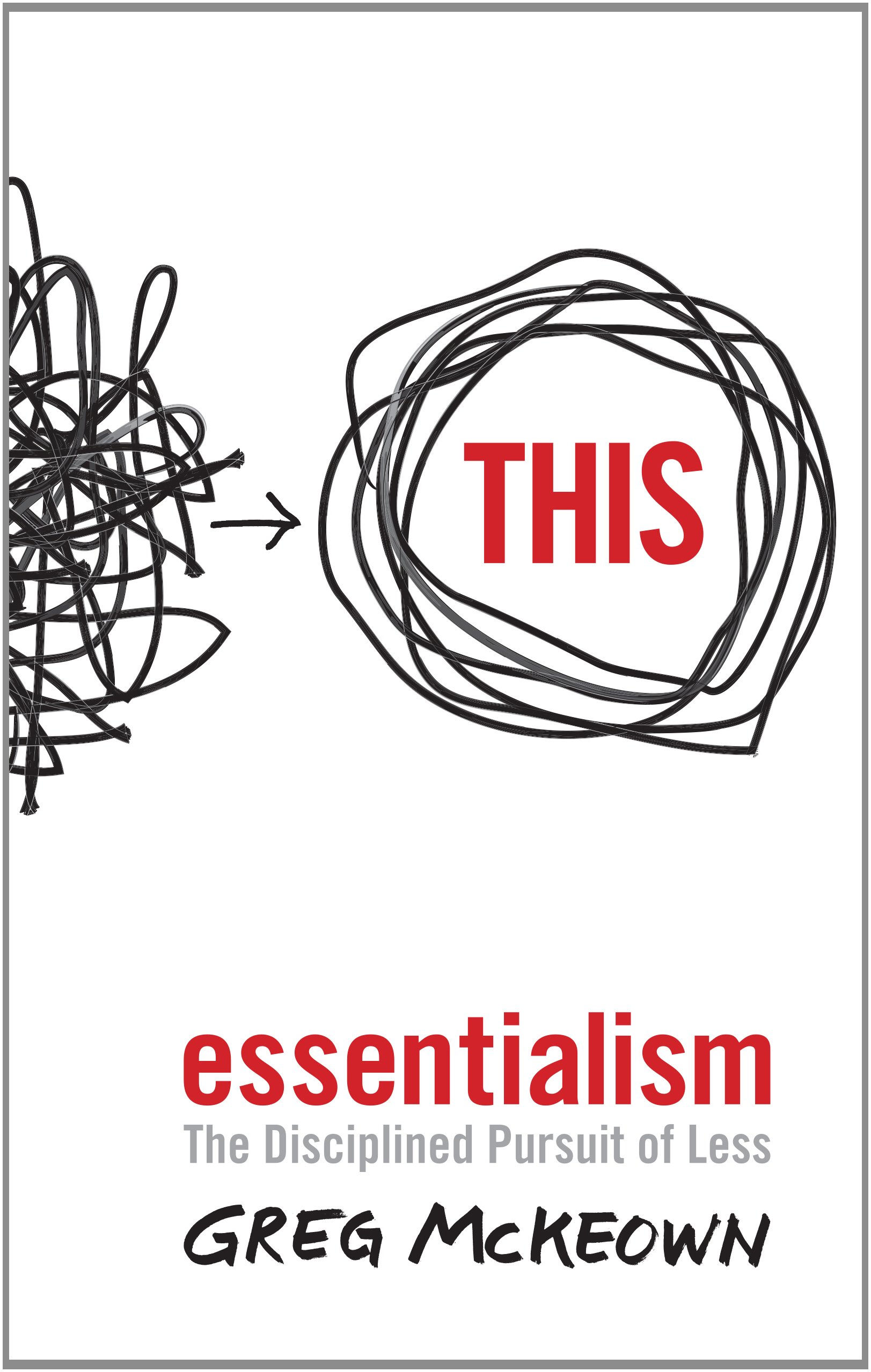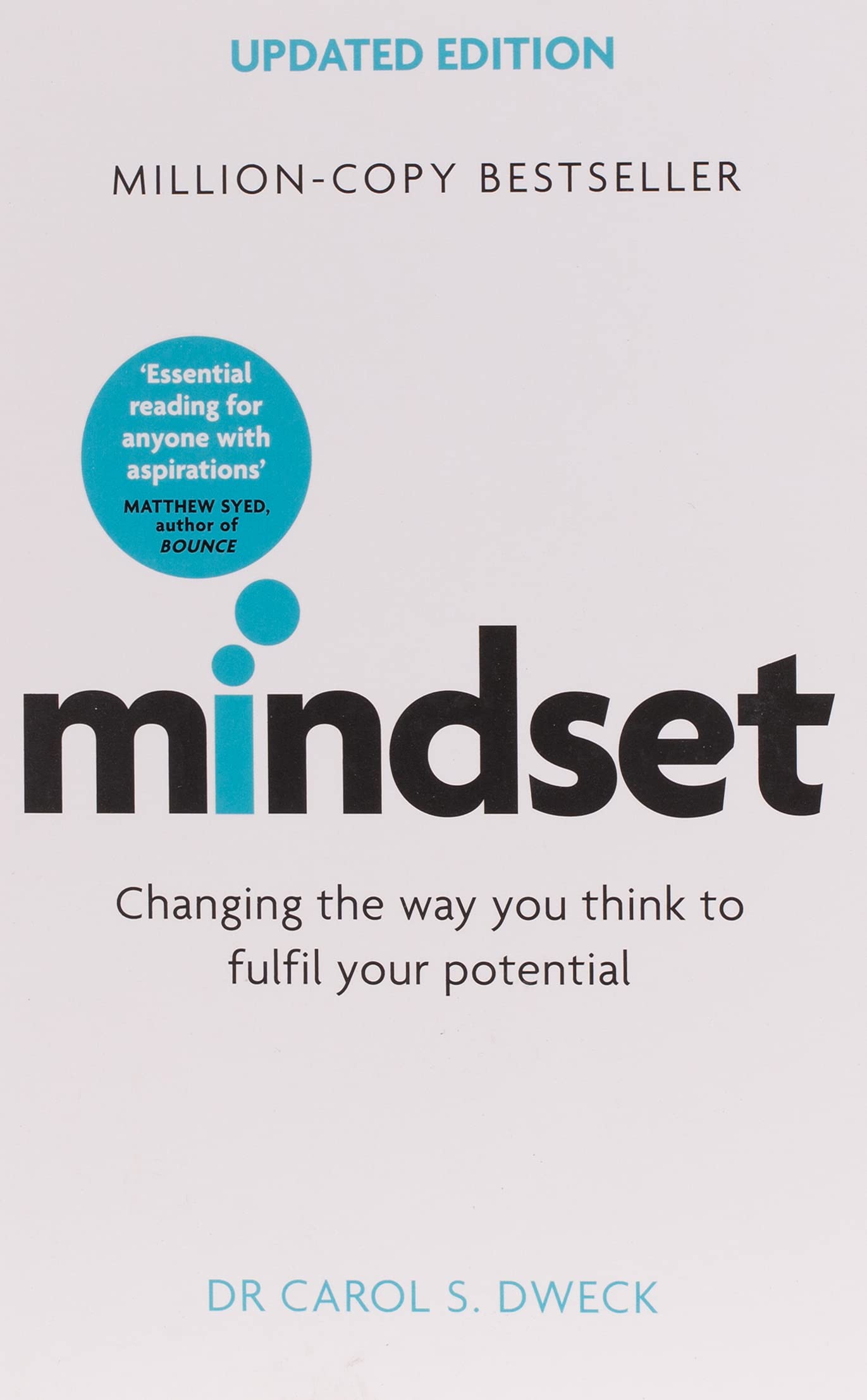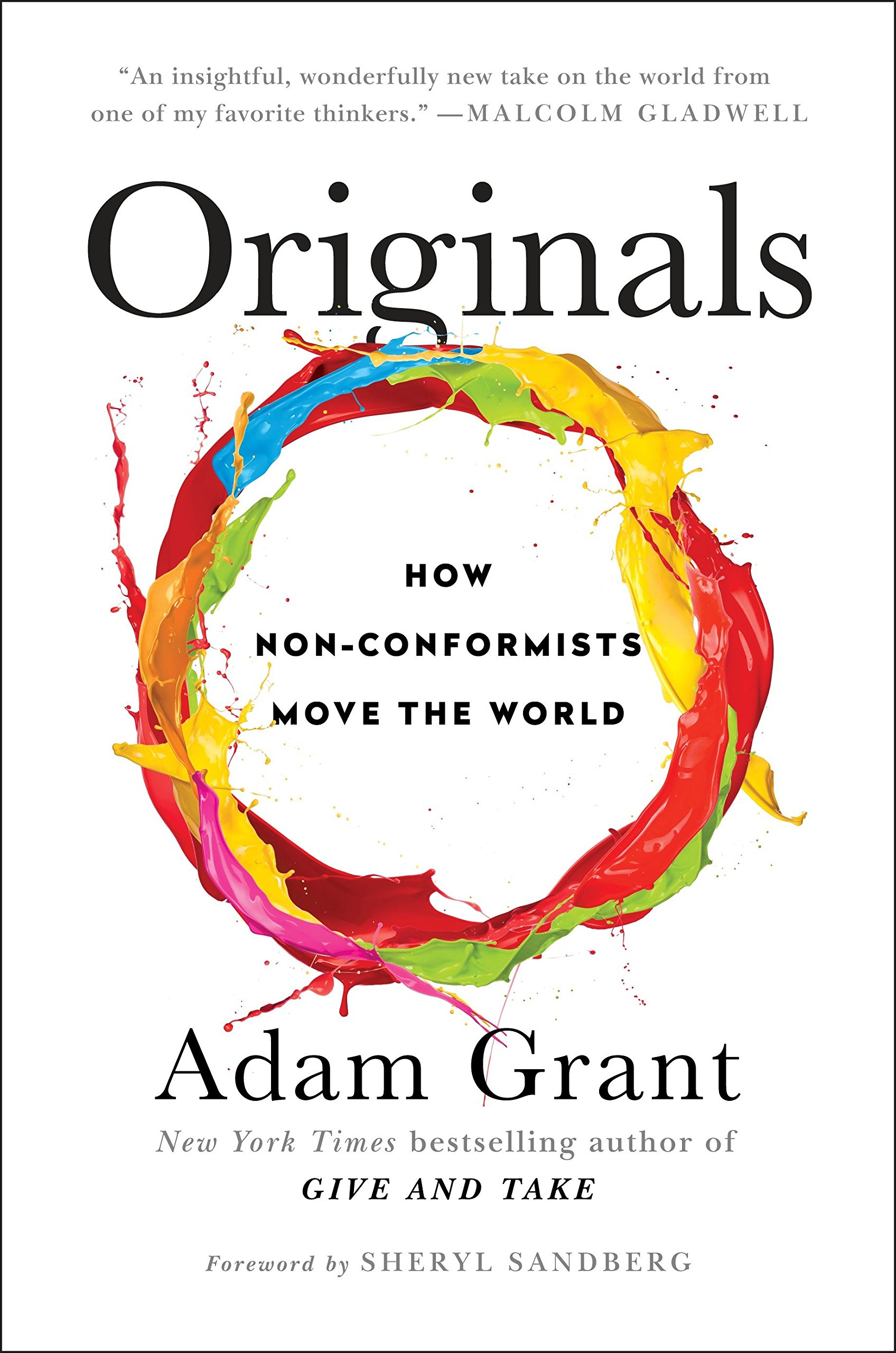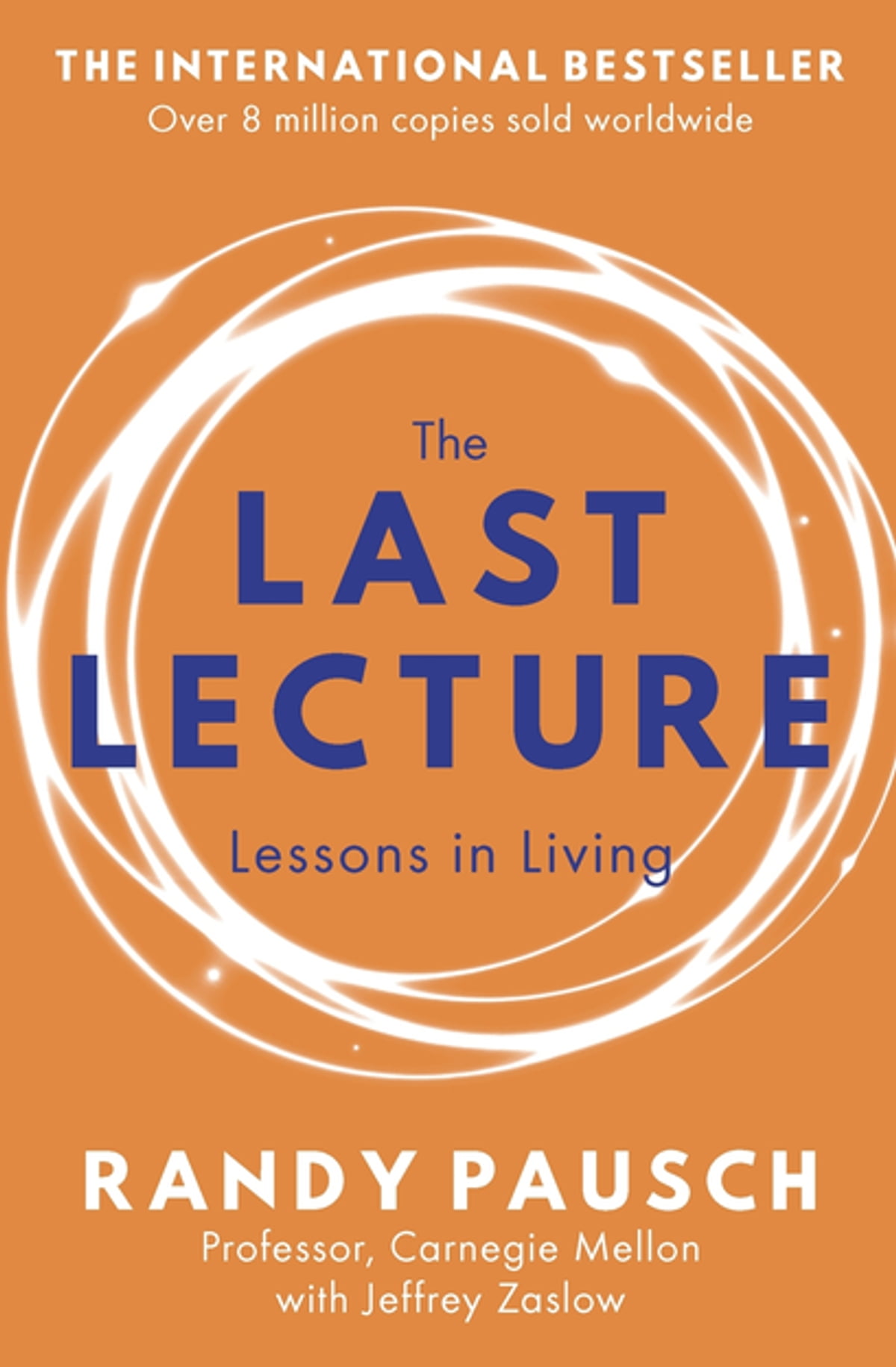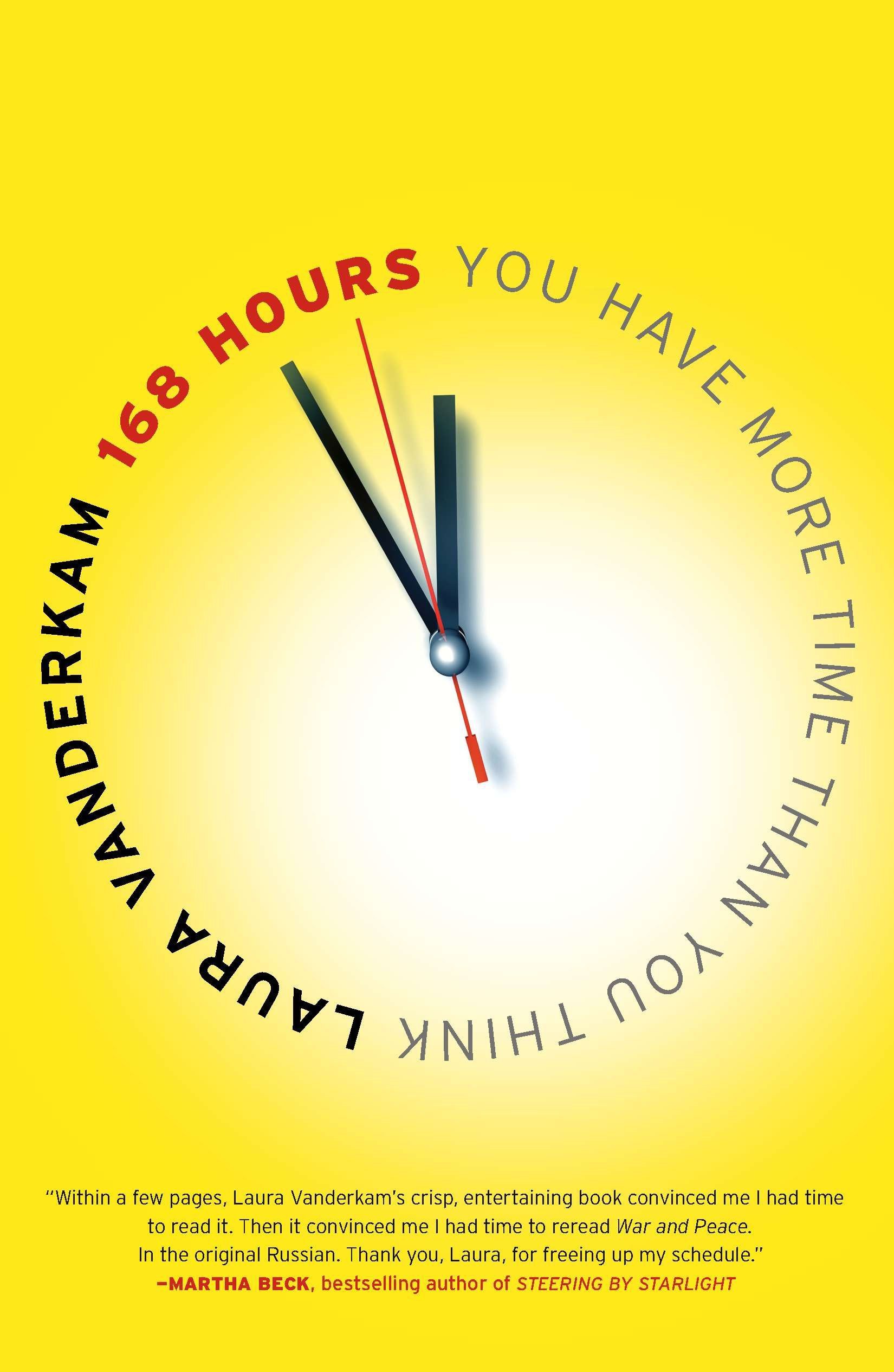Less, but better.
Essentialism by Greg McKeown revolves around the concept of ‘less but better’, which is/should be/can be pervasive throughout your life and McKeown argues that focusing on only what is essential will improve your quality of work and fulfillment. The ideas presented in this book strongly resonated with me and chimed with the stories behind many highly successful individuals [see Mastery by Robert Greene]. The pursuit of simplification whilst focusing on fewer but more important things is a pervasive theme from multiple wise individuals.
Key points:
- Non-essentialism is more common now than ever; getting caught up in the ‘thick of thin things’
- Or investing your time/energy where it is not most efficacious
- Many ‘successful’/’effective’ people will have obtained better results through increased effort, however at some point, increased effort leads to plateaued output therefore need to reimagine as less but better
- This requires acknowledging that certain efforts have exponentially (eg 10,000x) better results [think Thiel’s Zero to one]
- There are three 3 steps in the essentialism process: explore, eliminate, execute
- Acknowledge that it is difficult to keep life focused, therefore you need a system to keep things in order
Explore: identify what you do and understand how it aligns with the concept of essentialism
- First, you must accept that there three truths about life (especially work):
- I chose to do everything that I do
- Only a few things really matter
- I can do anything but not everything
- Explore your tasks/roles/jobs systematically: do I love it, am I good at it, do I do it often, and does it contribute to my main goal
- [This does require knowing what your ‘main goal’ is, which is not straightforward, obviously. Sinek’s “Start with why” and Duckworth’s “Grit” are both useful.]
- Search for the big picture in your life by filtering information (e.g. like a journalist looking for a lead)
- Don’t always have control over options but do have control over how we choose between them. It is important to acknowledge that everything we do is our choice
- [When considering the writing of Victor E. Frankl, Steven Covey, Alderian psychology, and stoicism, this can be broadened so that we have choice over our responses to all stimuli.]
- Acknowledge the reality of trade-offs (i.e. point [2] above) and design them into your plan for home/work/social etc. For example, if you take this opportunity to do project X, this means more travelling and therefore fewer Sundays at home to work on the veg patch
- What is the one thing you could do that would make the biggest contribution?
- Essentialists may spend longer exploring and thinking about options to discern the vital few from the trivial many
- Many people need to design time to escape and think [this resonates with Newport’s DeepWork philosophy]
- Don’t forget the importance of being bored
- McKeown emphasises the importance of play i.e. doing something just for the pleasure of it, rather than means to an end [also stressed in multiple other books]
- Journal daily and write less than you want so you can do it every day
- I have found this a generally useful mantra for all habits and is consistent with “make it easy” from Clearly’s Atomic Habits: do a little bit less than you think you can so it’s easy to keep doing the habit
- For type A personalities, pushing yourself is easy, taking a rest or a nap and holding back is hard
- Get 8 hours sleep (for lots of reasons including) because it helps decision making and therefore sorting essential from trivial
Eliminate: get rid of non-essential things that you currently have on
- Absolutely central to this is having a clear idea of what you want to achieve (or your purpose): must be concrete but inspirational so 1 decision solves 1000
- For example, if the purpose of your research is to find the truth, no matter how long it takes (i.e. you’re not first), then you will prioritise being right over being fast. This simplifies all future decisions about how to run your projects.
- Getting rid of things is hard and you must overcome biases that lead to non-essentialism: sunk cost fallacy, ownership bias, and being willing to admit failure
- What would I be willing to do to acquire this opportunity? (i.e. should I get rid of it?)
- More on the planning fallacy elsewhere (see Kahneman’s Thinking fast and slow) but, imagine the worst case scenario for a project (in terms of time and money), then add 50%, and you’ll probably be about right
- Lots of people advocate for creating huge buffers around your tasks (including Taleb, and the Getting Things Done methodology by David Allen) this helps you focus on the essential
- Include boundaries and ‘trip-wires’ (to use terminology from Decisive by the Heaths) so you can identify when you’ve passed a sensible point to stop a futile project
- 90% rule: when deciding about a project (or anything), assign 0-100 for single most important criteria (e.g. duration, potential impact, benefit for career progression) and then if not >90, should be a no
- For each project, ask: How will you know when you’re done?
- Prepare and think of ways to say no
- Particularly, if you’re asked to do something, just pause rather than giving an immediate yes
Execute: the aim of the above is only to facilitate working on essential things and therefore now it is the time to get it done
- Work on rate limiting step of projects, which may include helping other people (who may be your limiting step)
- [It is interesting to consider this point compared to that of Ray Dalio / Jim Collins’ mantras about getting the right people on the team (‘on the bus’). Those authors would probably argue that if another individual is persistently the rate limiting step then they are either the wrong person or in the wrong job.]
- Start small and build momentum
- Similarly, don’t aim for perfection the first time (as it will never happen). Just get going and perfect from there (i.e. Ries’ Lean Start-up)
- Again, acknowledge that it is hard so routines/habits are needed to help avoid non-essentials:
- Do your hardest task of day first
- [Lots of tips on this in other books, such as Newport’s DeepWork and lots of writing from Tim Ferriss. I like to prevent myself from opening email / WhatsApp / Twitter or any other programme on my computer until the big/important task is complete.]
- Set an alarm (e.g. every hour) and then think “What’s most important now?”
- Do your hardest task of day first
- McKeown clarifies that it is impossible to ‘multifocus’ but it may be possible to ‘multitask’
- For example, it is not possible to truly focus on a conversation with your partner whilst also focusing on reading an email. However, it may be possible to truly focus on a conversation whilst also eating dinner (i.e. combining a suitably subconscious habit with one that does require more focus)
- Lastly, McKeown encourages people to try to embody essentialism and be an essentialist, rather than just occasional take on essentialist practices
I hugely enjoyed reading this book and it helped to crystallise other ideas that I had already been developing, however I can appreciate that it may not be totally applicable to individuals who have less control over their workload. In that case, I would argue that the principles can be incorporated into everything outside of work.
More books like this:
- Make time by Jake Knapp and John Zeratsky
Useful links:
- McKeown’s website
- Here are one, two, and three further summaries/reflections on this book for comparison
